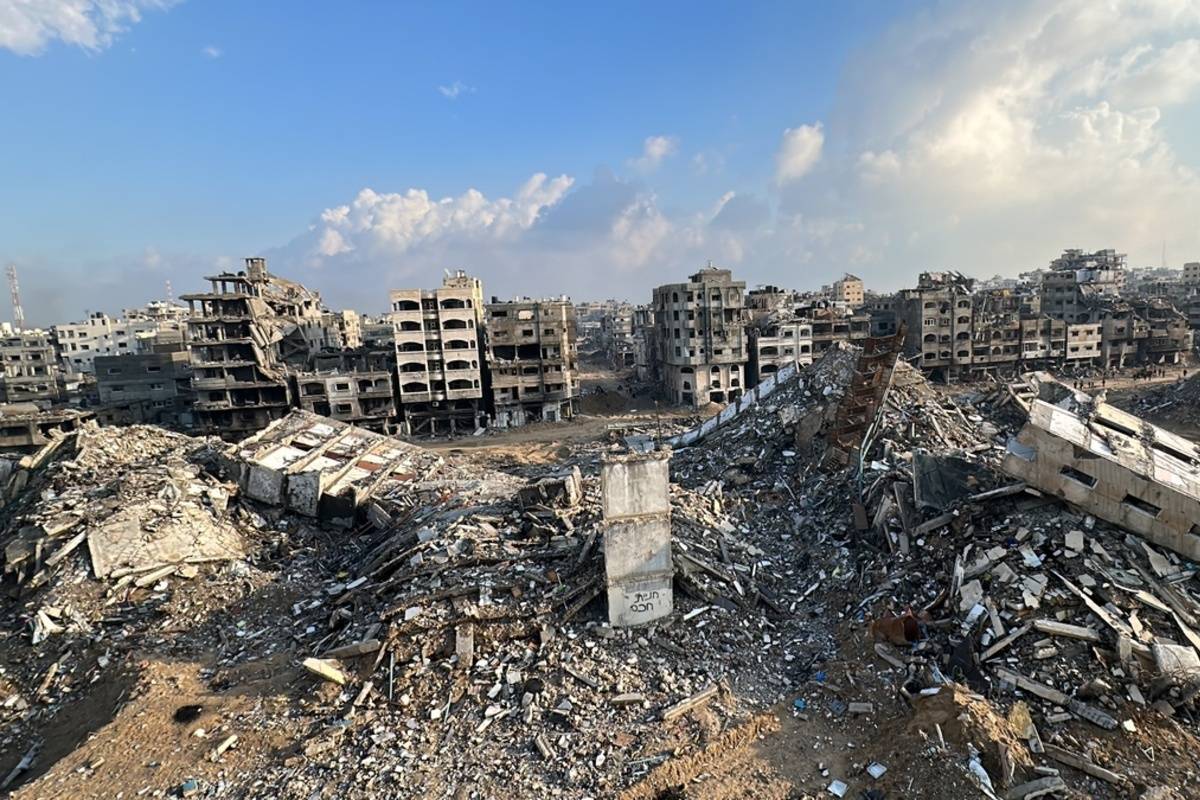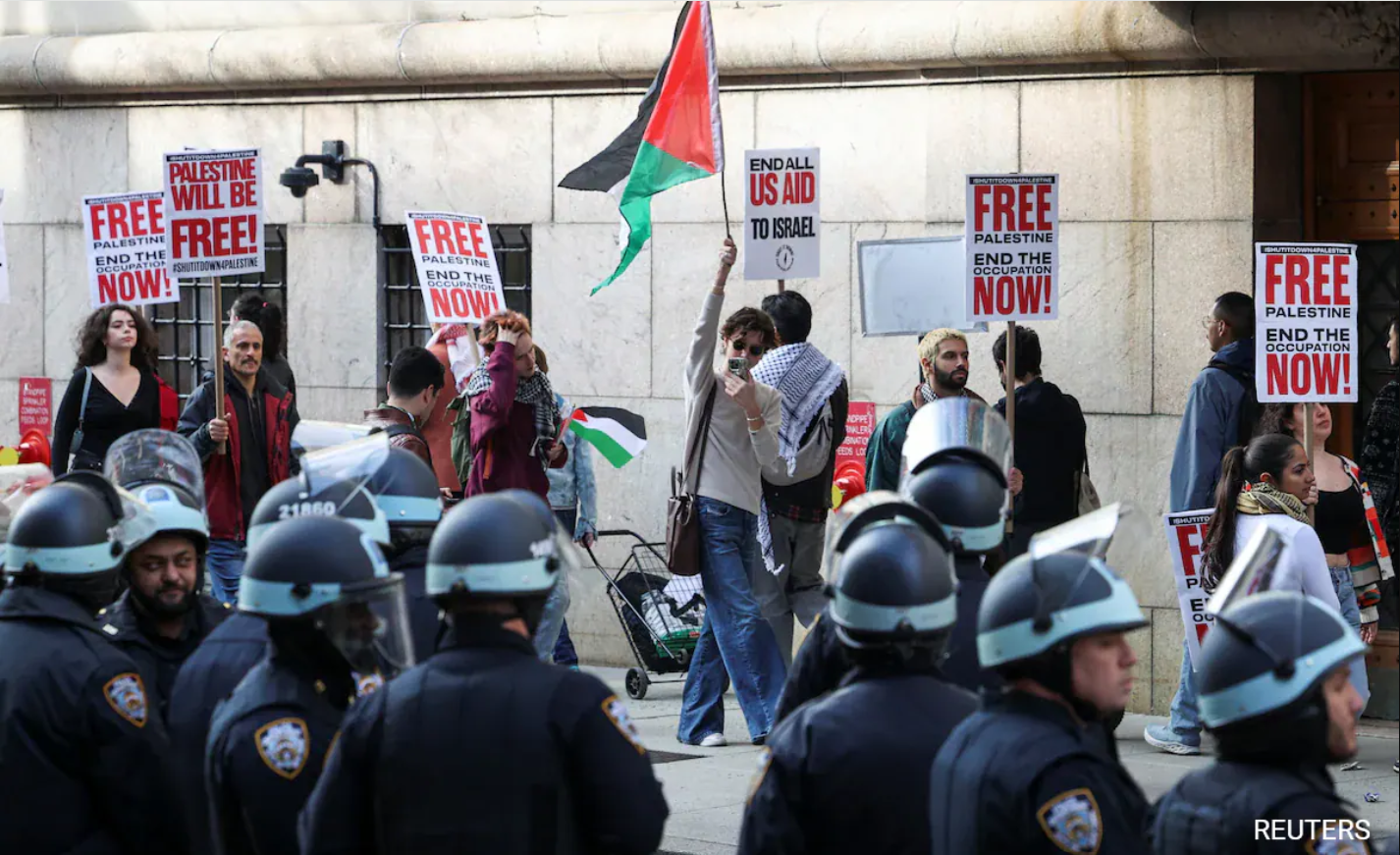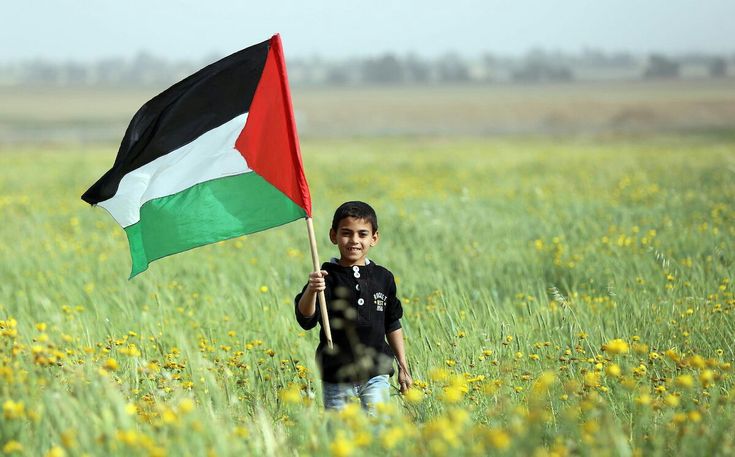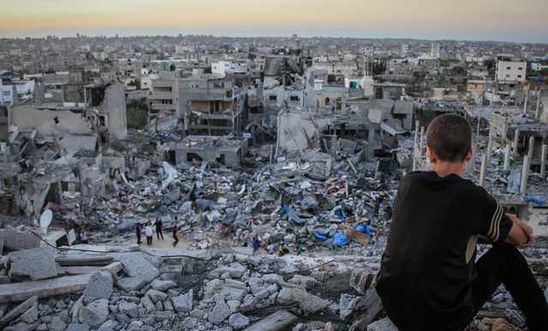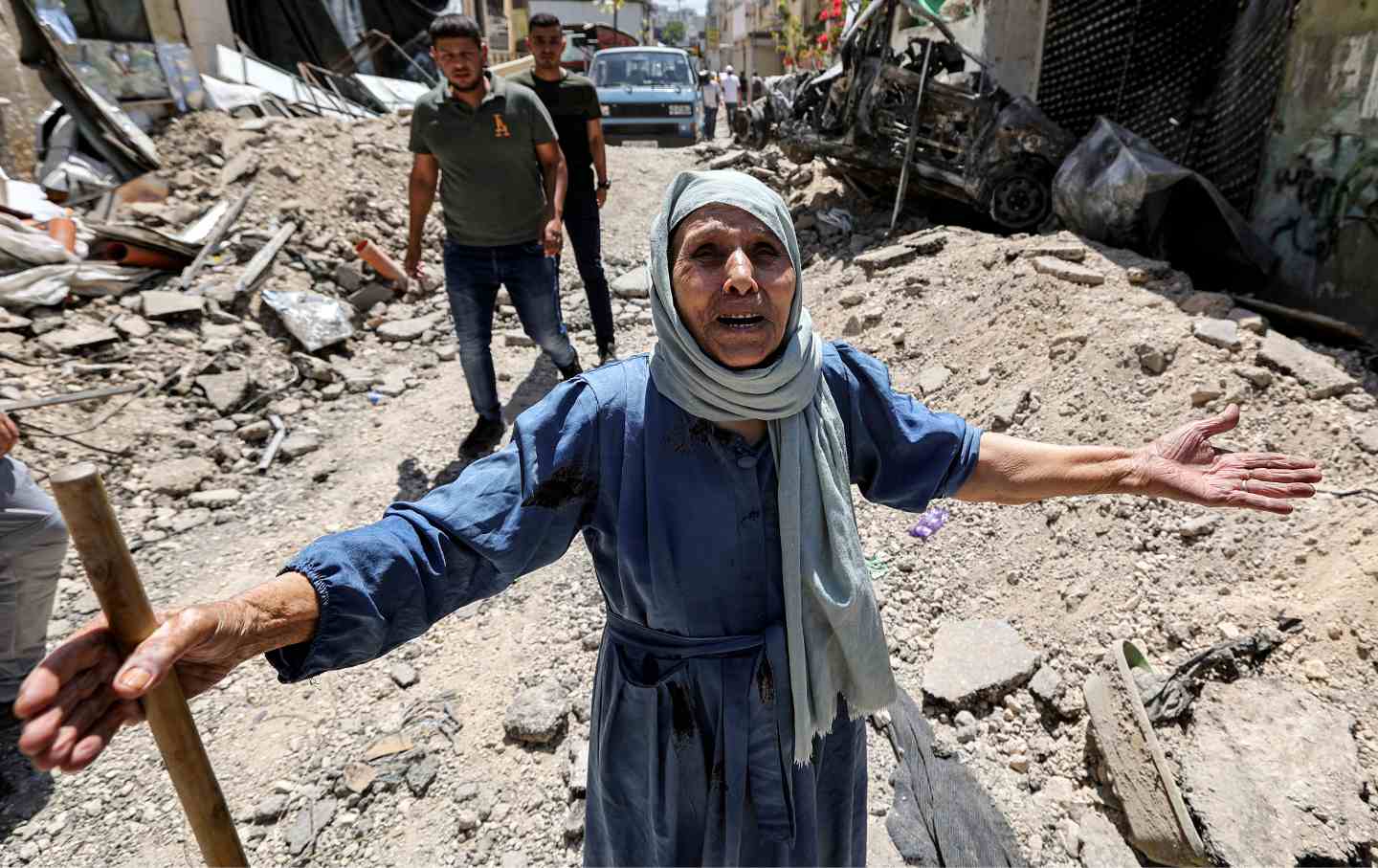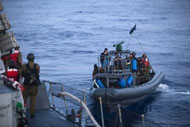
In Arabic, when we talk about who or how we marry, we say something to the effect of "it was all written in the stars". In other words, our choice is our destiny, not fully designed by us. For those of us whose message in the stars meant marrying a Jerusalemite, we were forced to deal with Israel's Kafkaesque policies against us in the city. In the case of my friend Fatimeh, her "destiny" was to marry a man from Gaza. I have been out of touch with Fatimeh – a former schoolmate – for years. Thanks to Facebook, we reconnected. She is married, lives in Gaza and has, I believe four children. Last November, Fatimeh posted pictures of herself and her children at her family's home in Ramallah. "I can't believe I made it to Ramallah after five years! Thank God!" she wrote.
For five years, Fatimeh has not left the Gaza Strip and seen her family in the West Bank. Five years. Being away from the place she grew up was hardly her choice - not by a long shot. For Fatimeh, just like the overwhelming majority of Palestinian Gazans, her isolation is enforced by a ruthless hand: that of Israel's years' long siege.
Fatimeh is still one of the lucky ones in Gaza. She has a nice home, her children go to good schools, they have plenty of food on the table and live a reasonably normal life. But even for her, the fact that she cannot come to Ramallah – a mere two-hour drive – whenever she wants, is an outrage in all sense of the word.
Why is it that Gaza has been isolated, not just by the Israelis, but by almost everyone else too? Even the Palestinians sometimes conveniently forget about the Gazans even if they pay lip service to their plight in public forums. I am guilty of this as well, the realization of which partly prompted me to write this article. The age-old adage, "out of sight, out of mind" is painfully applicable to this situation. As a Palestinian passport-bearing citizen, I have absolutely no access to Gaza and have hence not been there since 1994. I watched televised images, like the rest of the world, as Israel almost completely destroyed the Strip in the winter of 2008. I read the list of goods Israel prohibits in the newspapers and wondered what it must be like not to have chocolate, cookies, cilantro, jam or even cumin. If I had been to Gaza, lived under the suffocating siege, I would surely not be so distant. Gaza would never have slipped my mind.
If I were the only one plagued with this lapse in memory, the problem would be minimal. However, Gaza has been quietly suffering for years now with only sporadic bursts of interest and concern for its conditions that just as sporadically wane into oblivion.
Since this morning, Israeli airplanes have been bombarding Gaza. So far 10 people have been injured, including children. This is not an isolated incident. Israel is constantly shelling areas in the Strip, most of the time under the pretext of retaliation to rockets fired from its areas. Sometimes the excuse is the underground tunnels, which Israel says is used for weapons smuggling. Mostly, these tunnels are used to smuggle in goods, things the Gazans cannot get from the sparse shipments it receives across its borders with Israel.
It has been years – almost four to be exact – since Israel clamped down a comprehensive siege on the Gaza Strip after Hamas wrestled power from Fateh and the ruling Palestinian Authority in a bloody coup. Since then, the Strip has been virtually isolated from the outside world save for the trickle of workers who still get permits to work in Israel and the Rafah Crossing, the only international exit from Gaza.
This is not to say that there are many who still work tirelessly to break the siege on Gaza. Everyone remembers the Turkish flotilla ambushed by Israeli commandoes in international waters just beyond Gaza's shores. Nine Turks were killed in their bid to bring food and medicines to the beleaguered coastal strip, a maneuver utilized by other groups of well-intentioned people before.
There are also those in high places who call for the siege to be lifted, such as EU foreign affairs chief Catherine Ashton, who once said the people of Gaza need to be able to "live a normal life." And there are those who mention the hardships of the Gazans in passing without dealing with the root cause. "It is important for us to explore new mechanisms so that we can have goods and services and economic development, and the ability of people to start their own businesses, and to grow the economy and provide opportunity within Gaza," said US President Barack Obama in 2010 after pledging hundreds of millions of dollars to improve what he called an "unsustainable Gaza Strip." Still, these efforts are half hearted, with no real determination for change behind them.
Regardless of our opinions on Hamas and its iron-fist rule in the Strip, the remote-controlled Israeli occupation of Gaza has had a devastating effect on its people. I do not propose to know first hand what it is like to live under such isolation. Friends like Fatimeh give us a sneak peak at the joys of visiting family after years of separation. Others less fortunate tell their stories of loved ones lost and houses torn down, of not having enough money to feed their children or of losing their job and not finding an alternative. But most of us are not there. We can only rely on those who can go to Gaza or who are already there to describe the horrors and hardships they experience. For us, we can do one thing that doesn't take money or time or even much effort. That is never to forget that Gaza is just as much Palestine as Ramallah. That in the end, we must fight for Gaza just as much as we fight for Jerusalem and that those who live in Khan Younis, Deir Al Balah or Rafah are worthy of a free Palestine in equal if not more measure than ourselves.
Joharah Baker is a Writer for the Media and Information Department at the Palestinian Initiative for the Promotion of Global Dialogue and Democracy (MIFTAH). She can be contacted at mid@miftah.org.



